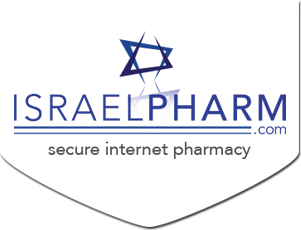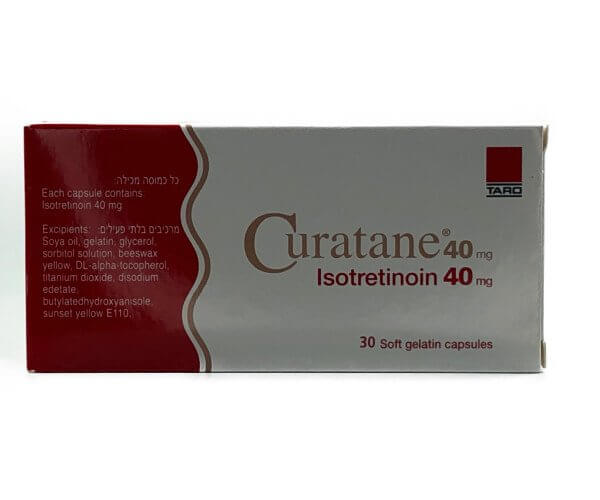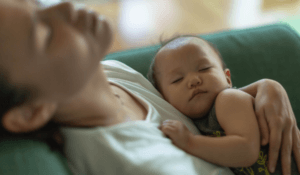Accutane®/Roaccutane®/Curatane® (isotretinoin) is a form of vitamin A that reduces the amount of oil released by glands in your skin to help your skin renew itself more quickly. It is usually prescribed after other acne medicines or antibiotics have been tried without successful treatment of symptoms. Do not use this drug if you are pregnant, as it can cause severe, life-threatening birth defects. Women of childbearing potential must agree in writing to use two specific forms of birth control and have regular pregnancy tests before, during, and after taking isotretinoin. This drug is available only under a special program called iPLEDGE. Do not take vitamin supplements containing vitamin A while you are taking this drug. Do not donate blood while taking this drug and for at least 30 days after you stop taking it.
The most common side effects of Accutane are:
dry skin,
itching,
rash,
dry nose,
nosebleeds,
cracks in the corners of the mouth,
dry mouth,
dry lips,
Accutane (isotretinoin) is indicated for the treatment of severe recalcitrant nodular acne. Nodules are inflammatory lesions with a diameter of 5 mm or greater. The nodules may become suppurative or hemorrhagic. “Severe,” by definition,2 means “many” as opposed to “few or several” nodules.












